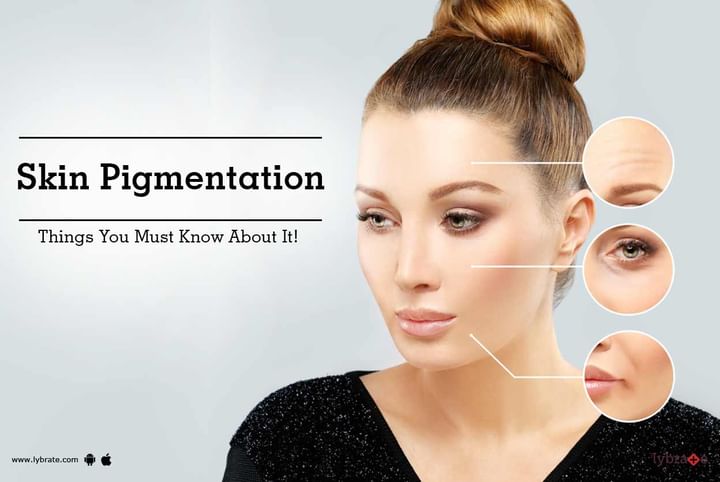Skin Pigmentation - Things You Must Know About It!
Skin pigmentation refers to the discolouration of the skin in certain parts. The colouration of skin is attained on the basis of the concentration of a pigment called melanin present in the skin. This pigment is produced by specialised cells present in the skin. Some affect only patches of skin while the other pigmentation disorders can affect the whole body.
When melanin is produced in more quantity, it makes your skin darker. This can happen in cases of pregnancy, sun exposure and Addison’s disease. Under production of melanin causes your skin to get lighter. Vitiligo is a condition wherein patches of the skin are not able to produce melanin. Genetic disorders such as Albinism is characterised by the absence of the pigment melanin in the body.
Other things that can cause skin pigmentation are burns, blisters or infections.
The types of skin pigmentation are categorised as
On the basis of appearance and texture, skin pigmentation is differentiated as:
- Patches of lighter skin
- Areas on the face that have reddened
- Areas that are darker which may be rough to touch or feel
- Any area that has been darkened or becomes light caused by injuries, scratches or burns
Skin Darkening
Darkening of the skin can sometimes be spontaneous or it may occur due to environmental factors such as sun exposure or sometimes genetic issues.
- Melasma: This refers to the darkening of the skin on the face. It can happen to anyone. Women who are pregnant or take birth control pills are more likely to develop Melasma. Also women who live in more tropical climates are prone to developing Melasma.
- Birth Mark: It is a patch of usually darker skin that is present since birth and is generally life-long. They are usually harmful, but if more of those appear, then it is better to consult your dermatologist.
Skin Lightening
The most common reasons are infections or injuries. Although, the more severe conditions are-
- Vitiligo: It is characterised by the presence of patches of skin that are lighter than others. This occurs due to the malfunctioning of cells in a focal area that stop producing melanin. This can be serious and you must consult a dermatologist as soon as possible.
- Tinea Versicolour: The symptoms of these resemble Vitiligo, but it is actually a fungal infection that attacks the skin cells and causes discolouration.



+1.svg)
